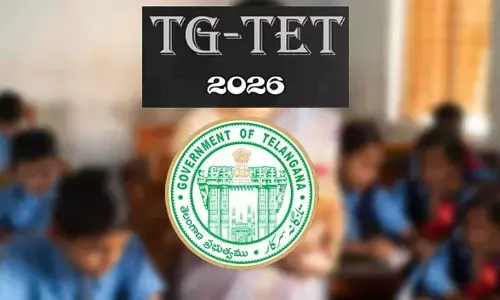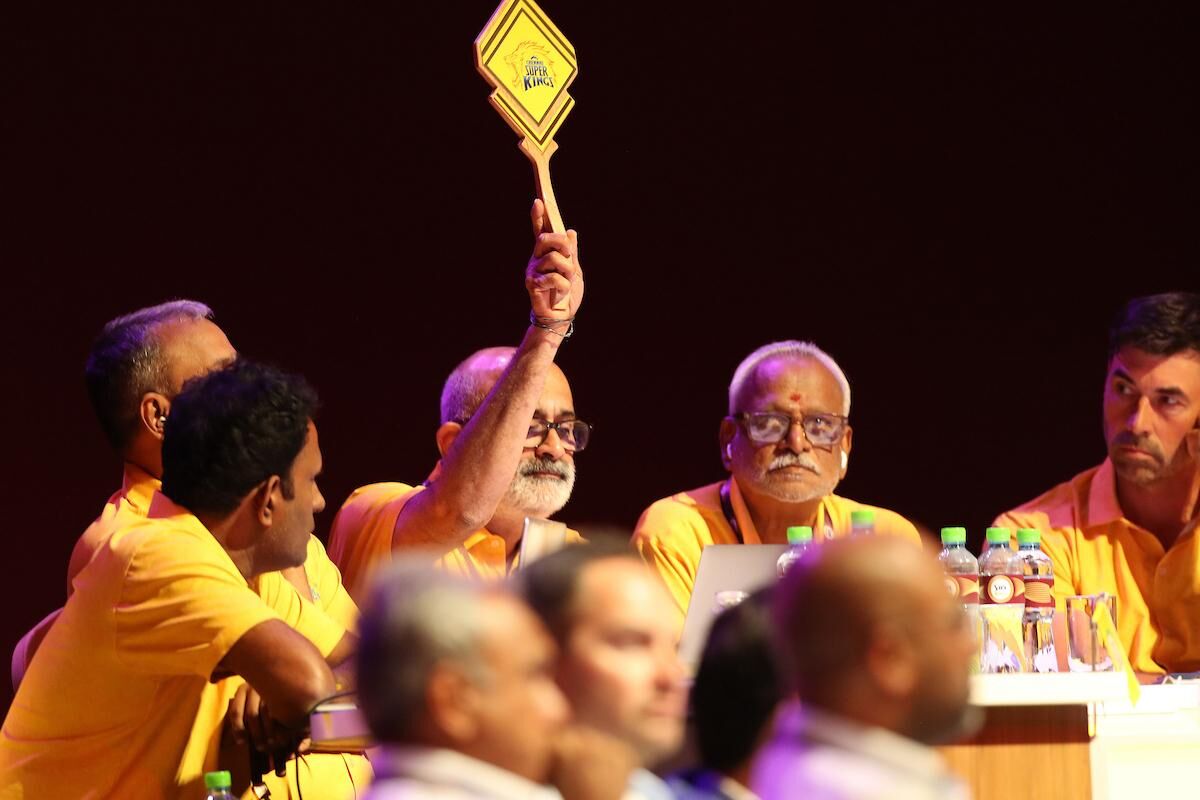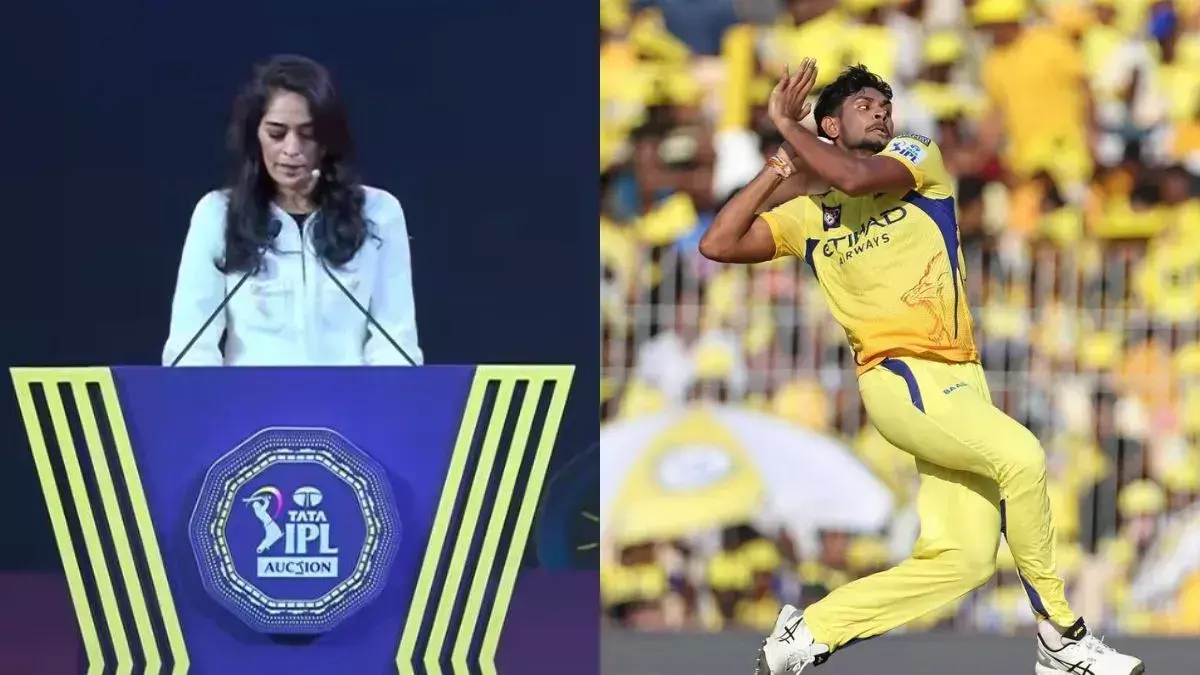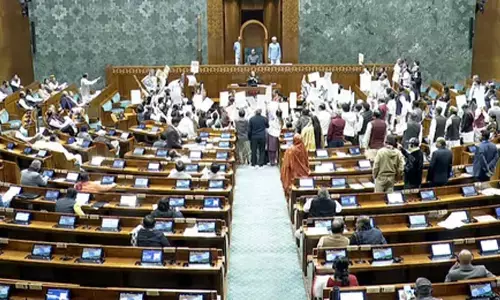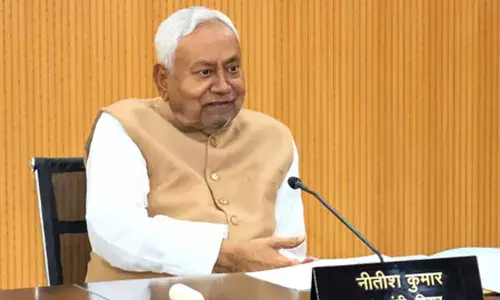UGC frames rules to rein in rating agencies
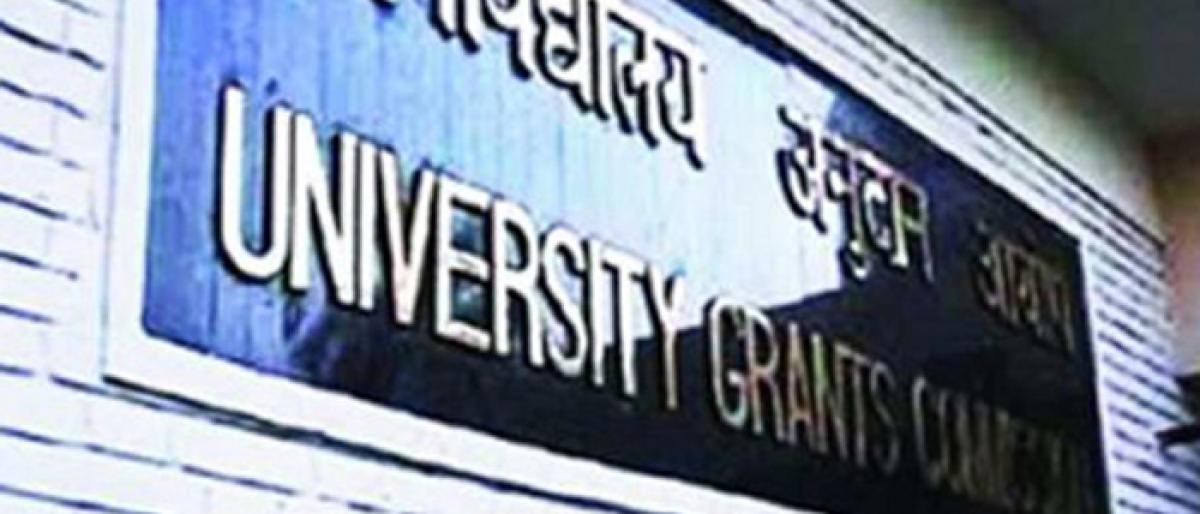
The newly notified University Grants Commission Recognition and Monitoring of Assessment and Accreditation Agencies Regulations, 2018, are expected to prevent the rat race among the private assessment and rating agencies in ranking the higher educational institutions HEI
Hyderabad: The newly notified University Grants Commission (Recognition and Monitoring of Assessment and Accreditation Agencies) Regulations, 2018, are expected to prevent the rat race among the private assessment and rating agencies in ranking the higher educational institutions (HEI).
According to officials in the Telangana State Council for Higher Education (TSCHE), currently there are statutory assessment, accreditation and ranking entities like the National Board of Accreditation (NBA), National Assessment and Accreditation Council (NAAC), National Institution of Ranking Framework (NIRF) and Distance Education Council of India (DECI). These agencies are either backed by the statutes of the University Grants Commission (UGC), All India Council for Technical Education (AICTE) or Union HRD Ministry.
That apart, there are independent statutory bodies for Chartered Accountants, Company Secretaries, Pharmacy, Nursing, Law and other professions. These agencies take care of maintaining the educational and professional standards in their respective domains.
But, for over more than a decade, private agencies have mushroomed as assessment and ranking agencies. "The private agencies are behind building the popular listings like top 100 engineering colleges, top medical colleges in the country and the like. Several colleges from the private sectors have started going after them to see their names in the national rankings,” the officials said.
Several private higher education institutions, whose standards are not very high, figured in the national rankings of these agencies. For example, an engineering college in Ghatkesar and another from Medchal have figured among the top 100 and top 150 engineering colleges in the country.
But, "the admissions for the academic year 2018-2019 speak a different story. Except in one or two branches, more than 40 per cent of seats in these colleges remained vacant,” the officials said. It is not the one case, the government-run institutions like Jawaharlal Nehru Technological University, Hyderabad (JNTU-H), Osmania University (OU), Andhra University (AU), Sri Venkateswara University (SVU) and the like had received higher rankings in the NIFR. Similarly, the constituent colleges of these universities have also improved their rankings under the NBA as well as NIFR and NAAC.
But, "In quite a contrast, the government-run HEIs ended up much below in the rankings of the private colleges. Thus, these rankings would not help either the students or parents to take an informed decision. Besides, such rankings question the very credibility of assessment and ranking processes,” they pointed out.
It was against this backdrop that the new regulations provide that only the government and semi-government agencies, companies registered under charitable provisions of the Companies Act, 2013, Indian Trusts Act or Indian Societies Registration Act alone are eligible to apply to become Assessment and Accreditation (A&A) agencies.
They also need to take prior approval under the new regulations. Besides, they should also show their professional competency and their operations should not have a conflict of interest. In addition to this, violation of the regulations invites penalties. When contacted, TSCHE Chairman Prof T Papi Reddy said, “We need to wait and see how the rules are going to be implemented to achieve the anticipated results,” he said.








